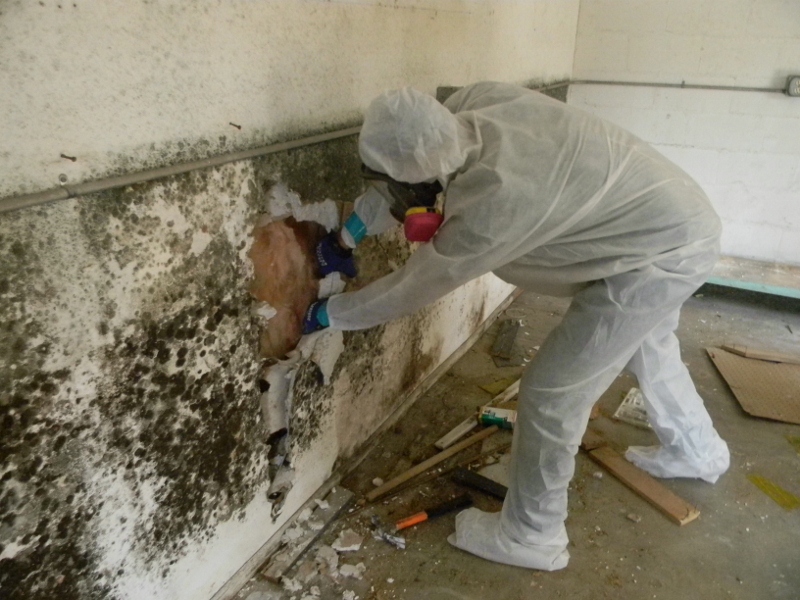
OSHA Finds Safety Violations at Secret Lockheed Facility
U.S. officials have found worker safety and training violations at Lockheed Corp. after investigating the aerospace giant's top-secret Burbank plant and two other facilities in Southern California, federal officials and Lockheed said Thursday.
The violations could result in Lockheed being formally cited by the Occupational Safety and Health Administration, which is conducting the ongoing investigation. Depending on the seriousness of the violations, the citations could mean thousands of dollars in fines against Lockheed.
Frank Gravitt, head of OSHA's Los Angeles office, said the agency should decide within two weeks whether to issue the citations. Either way, "we would in any case expect corrective action" by Lockheed, Gravitt said.
Remedies Promised
Lockheed vowed to fix the problems. "We have been and are committed to providing a hazard-free workplace for all employees," Kenneth Cannestra, president of Lockheed Aeronautical Systems, the division that operates the plants, said in a bulletin to Lockheed employees.
Gravitt declined to say exactly what violations had occurred and how often. Lockheed officials likewise would not elaborate, but Cannestra's statement said that during a meeting Tuesday between Lockheed and OSHA officials, OSHA "indicated Lockheed would be cited" for the violations.
The citations would "focus on housekeeping, record-keeping and the reporting to OSHA of employee illnesses or injuries," Cannestra said. "Others deal with health and safety training, use by employees of protective clothing and equipment, and communication of information about hazards."
The Burbank plant, dubbed the "Skunk Works," is where Lockheed reportedly is building a stealth jet fighter designed to evade enemy radar. The Air Force last November confirmed that Lockheed was developing the plane, called the F-117A, in California but gave no additional details.
However, Lockheed's aircraft production is centered at the Burbank plant, and Lockheed spokesman Jim Ragsdale said OSHA investigators "devoted most of their attention" to that facility. The other plants investigated by OSHA are in Palmdale and Rye Canyon. The three plants employ 15,000.
OSHA began investigating the plants last fall after dozens of Lockheed workers asserted that they were getting ill from handling hazardous "composites" and other materials used in building aircraft.
Composites are strong, lightweight, plastic-like materials that are increasingly used in aircraft construction. They are essential to stealth-type planes because they do not reflect radar waves as readily as metals, making the planes harder to detect.
'Corroborates Clients'
About 75 Lockheed workers have sued Lockheed, and about 150 have filed workers' compensation claims, contending that they suffer from skin rashes, headaches, memory loss and cancer because of handling the materials.
One of the lawyers for the workers, Timothy Larson in Encino, said the OSHA findings "corroborate what my clients have been saying about the environment they've been working in."
Some Lockheed employees have argued that their work was so secret that they were afraid to report health problems to their doctors for fear of violating laws regarding classified information. They had also complained that the Burbank plant was not properly inspected because Lockheed turned away OSHA inspectors who did not have necessary security clearances.
Last October, John C. Brizendine, who preceded Cannestra as head of Lockheed Aeronautical Systems, said in an employee bulletin that Lockheed had "seen nothing to indicate the materials we work with are fundamentally unsafe or pose a health hazard, providing proper procedures are followed."
Ragsdale said Thursday that, based on OSHA's summary of Lockheed's violations, "we would continue to say that's a correct statement."
If Lockheed is cited, OSHA could determine that the violations range from minor safety problems to willful violations that are punishable with fines of up to $10,000 per violation, Gravitt said.